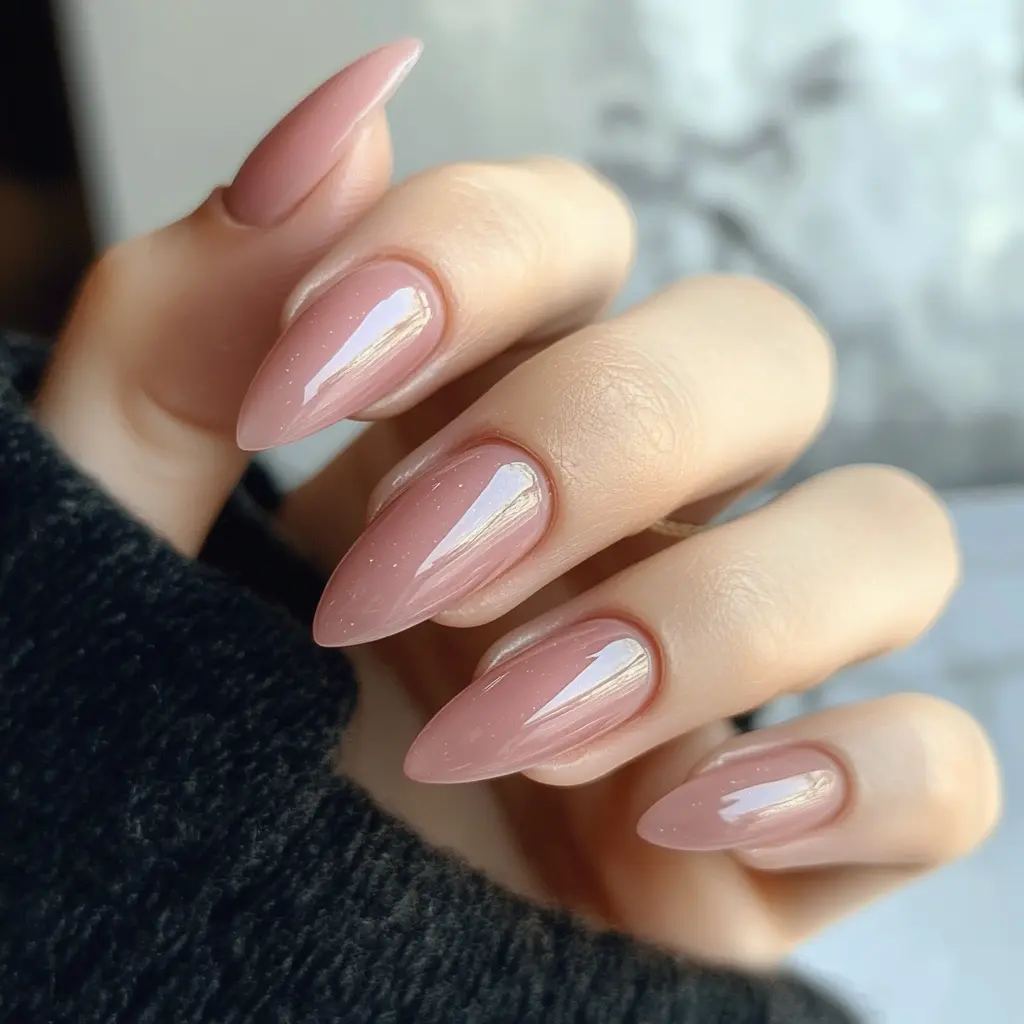
Popular in many Australian households, corn flour is commonly used in baking, as a thickening agent, and in gluten-free diets. But is corn flour gluten free? This is a common question, especially among those with coeliac disease or gluten intolerance. In this article, we explore whether corn flour is gluten-free, how it’s made, and what to consider when buying it.
What is corn flour?
Made from ground-up, finely powdered dry maize kernels, corn flour is a In baking and cooking, it is usually used to provide foods thickness and texture. Being derived from maize, not wheat grains, corn flour is naturally gluten-free, unlike wheat flour.
Understanding gluten and its effects
Among the grains, wheat, barley, rye, and a few more ones have gluten. For bread and other baked goods, it gives flexibility and structure. Those with gluten sensitivity or coeliac disease may thus have significant digestive problems, inflammation, and other health concerns if they eat gluten.
Is corn flour naturally gluten-free?
Yes, Pure corn flour is quite naturally gluten-free. Made from corn, which is gluten-free, it is safe for anybody with celiac disease or gluten intolerance. But since processing runs a risk of cross-contamination, not all corn flour products are gluten-free.
The risk of cross-contamination
While maize by itself is gluten-free, cross-contamination can happen during milling, packaging, or transportation. Some producers handle wheat, barley, or rye in facilities simultaneously processing maize flour, therefore increasing the likelihood of gluten intake. Look for certified gluten-free corn flour if you wish for a really gluten-free product.
Reading labels carefully
Not every corn flour is produced equally. Certain brands call for extra ingredients, maybe including gluten. Always look for labels like:
- “Certified Gluten-Free”
- “Processed in a Gluten-Free Facility”
- “May contain traces of wheat” (avoid these!)
Corn flour vs cornstarch: Are they the same?
Many people mix corn flour with cornflour despite their variances.
- Corn Flour – Made from the complete maize kernel, maize flour is a finely powdered powder.
- Cornstarch – Mostly used in thinking dishes, cornflour is a refined starch derived from corn.
Though both are inherently gluten-free, before using them, you should avoid cross-contamination.
How to ensure your corn flour is gluten-free
The following rules helps prevent gluten contamination:
- Look for a gluten-free certification – Look for a gluten-free certification; select companies that especially name their corn flour as gluten-free.
- Check the ingredients list – See the ingredients list to be sure there are no additions like gluten.
- Buy from trusted brands – Several well-known brands provide verified gluten-free corn flour.
- Avoid bulk bins – Supermarket bulk bins could be contaminated with gluten-containing surrounding foods.
How to use corn flour in a gluten-free diet
One flexible item for gluten-free diets is corn flour. These are some quite useful applications for it:
- Baking: Creating mouthwatering gluten-free pancakes, muffins, and cakes in baking.
- Thickening Agent: Perfect for gravies, soups, and stews.
- Breading & Coating: For the frying purposes of wheat flour, breading and coating are good.
Best brands of gluten-free corn flour in Australia
There are many names in Australia where gluten-free corn flour is marketed. Among the popular ones are:
- Bob’s Red Mill Gluten-Free Corn Flour.
- Lotus Organic Maize flour.
- McKenzie Corn Flour and White Wings Corn Flour are certified gluten-free.
- Uses of Corn Flour in Gluten-Free Cooking.
- Another very versatile ingredient suitable for various gluten-free recipes is corn flour.
Using corn flour in gluten-free cooking
One flexible ingredient that performs nicely in many gluten-free recipes is corn flour.
- Gluten-Free Breads and Muffins – Muffins and bread free of gluten taste earthy and sweet.
- Thickening Soups and Sauces – Works great as soups and sauces, thickening free of gluten.
- Coating for Fried Foods – Coating fried foods gives a crispy feel without using wheat flour.
- Gluten-Free Tortillas and Wraps – Made from scratch, handmade corn tortillas and wraps can be gluten-free.
Alternatives to corn flour for gluten-free baking
Should you come across gluten-free corn flour, consider the following substitutes:
- Rice Flour is easy to break down and light is rice flour.
- Almond Flour – Almond flour accentuates nutty taste.
- Coconut Flour – Given its great absorption of moisture, coconut flour is perfect for baking.
- Potato Starch – A great thickening agent is potato starch.
Is corn flour safe for coeliacs?
Patients with celiac disease may suffer greatly from even minute levels of gluten. Get only certified gluten-free corn flour if you have celiac disease to lower your chance of contamination.
How to store corn flour
Maintaining freshness and free of contamination:
- Store maize flour in an airtight container.
- Maintain it dry and cold.
- If you use it seldom, think about refrigerating or freezing it to increase shelf life.
Common myths about corn flour and gluten
- Myth: All Corn Flour is gluten-free – Not necessarily. Some brands handle it outside of common areas.
- Myth: Corn Flour and Cornmeal are the Same – Corn flour is finely milled, and cornmeal is coarse
- Myth: Corn Flour Can Replace Wheat Flour 1:1 – It cannot be a straight replacement for wheat flour in baking without change.
Conclusion
Pure corn flour is naturally gluten-free and a safe option for those with coeliac disease or gluten intolerance—provided it’s free from cross-contamination. Always read labels and choose certified gluten-free brands. With the right precautions, corn flour can be a valuable and versatile part of a gluten-free diet.







